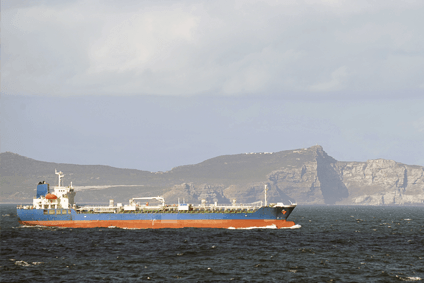
South Africa’s Steel and Engineering Industries Federation (SEIFSA), says it has “exhausted” its mandate to talk to striking workers as mass industrial unrest continues to affect the country’s automotive sector.
The National Union of Metalworkers of South Africa (NUMSA), has 220,000 workers taking strike action in support of a three-year pay deal requesting 10% for each of the next three years in contrast to the employers’ offer of 10%, 9.5% and 9%.

Discover B2B Marketing That Performs
Combine business intelligence and editorial excellence to reach engaged professionals across 36 leading media platforms.
Reports had circulated NUMSA was waiting for SEIFSA to return with a new offer – a situation the employer body flatly rejects.
“We have not promised NUMSA to get back to it with a new offer,” said SEIFSA CEO, Kaizer Nyatsumba. “Instead, we made it clear we have exhausted our mandate. We also explained – during our meeting with the NUMSA leadership the final offer made last week – which was intended to end the strike and to see employees back at work this week – failed to accomplish its goal and has since been withdrawn.
SEISFA says the conditional final offer, “which was rejected publicly by NUMSA,” was 10% in 2014, 9,5% in 2015 and 9% in 2016, but has now reverted to a settlement of 10% this year and 9% for the following two years.
“The current situation we find ourselves in is very unfortunate and deeply regrettable,” said Nyatsumba. “We are deeply concerned about the enormous damage wreaked on the economy by the strike.
“It is regrettable our final offer intended to end the strike was not accepted, with the current industrial action continuing to damage our economy.”
Automakers such as BMW have been forced to reduce shifts from three to two, with the walkout echoing last September’s catastrophic automotive strike, which cost US$58m per day for the three-week dispute.
“We said – can we have a year agreement – we want 10% but they still refused,” NUMSA head of collective bargaining, told just-auto from South Africa. “The gap between poor and rich in South Africa is increasing steadily.
“Three years ago, petrol was 50% less than what it is now. We used to buy petrol which [was] less than ZAR10 (US$0.94) – now it is ZAR15. In the broader definition, more than 50% of South Africans don’t have jobs – it is a big number.”
Nhalpo added workers earned around GBP300 per month and often had to support “four to five families because of the high rate of unemployment – that is nothing.”
The NUMSA bargaining head also said inflation – currently at 6.8% – would rise to more than 7% by the end of this year.”






